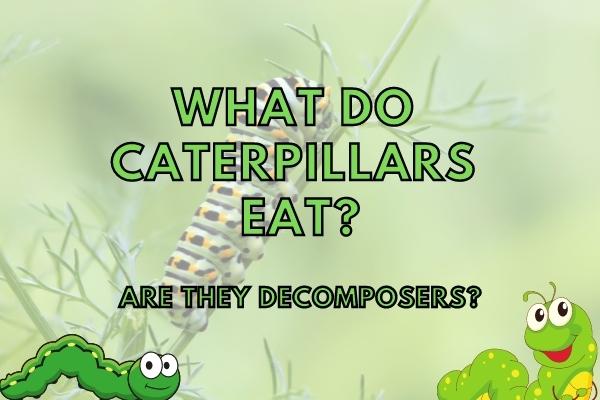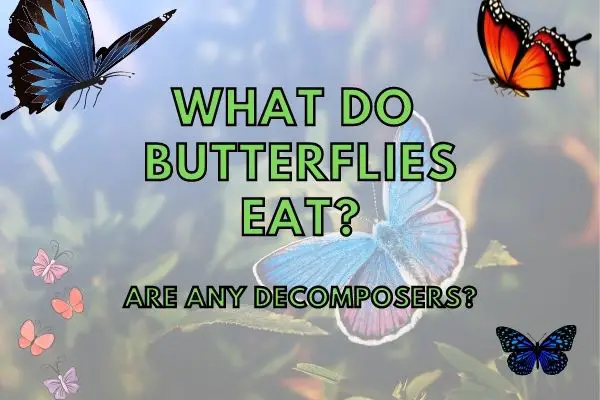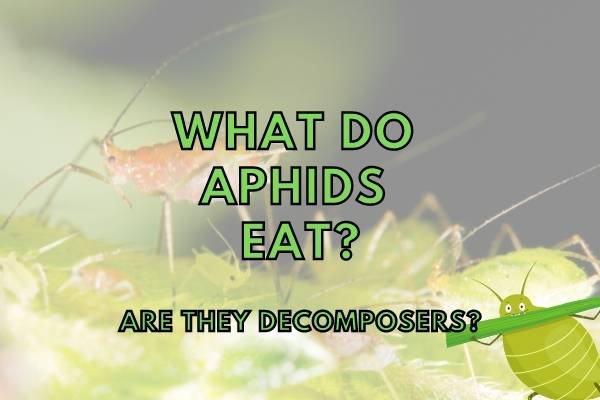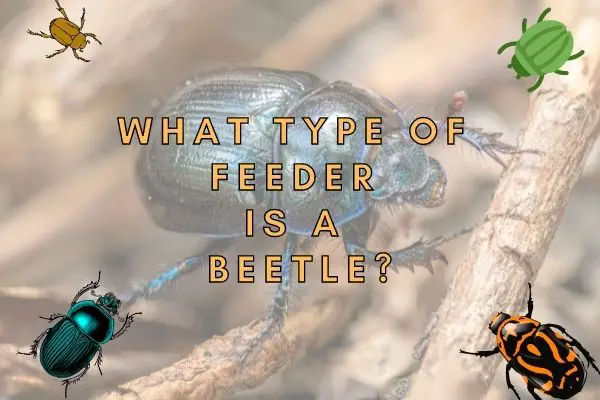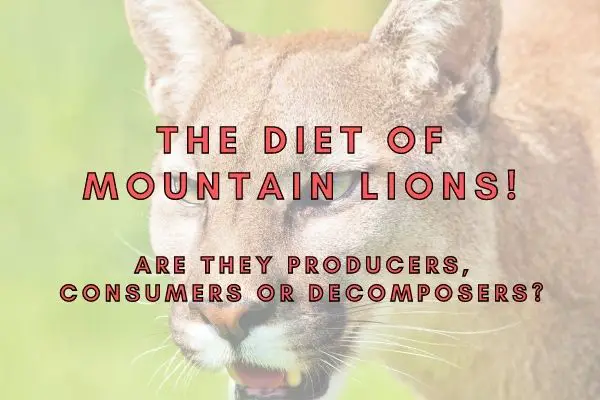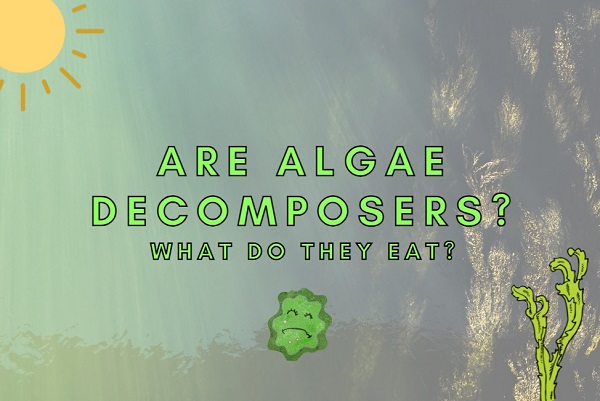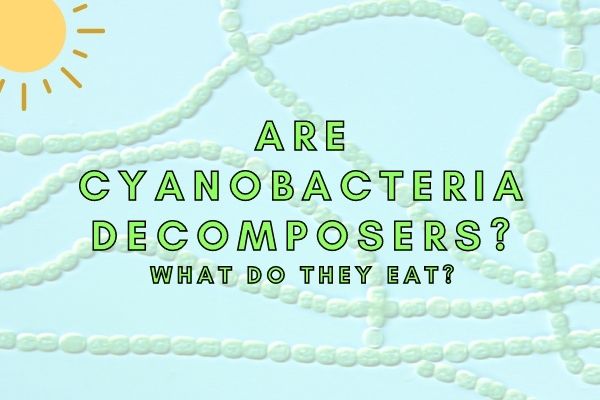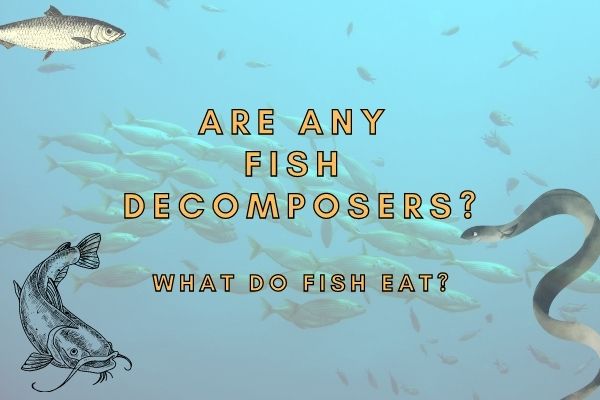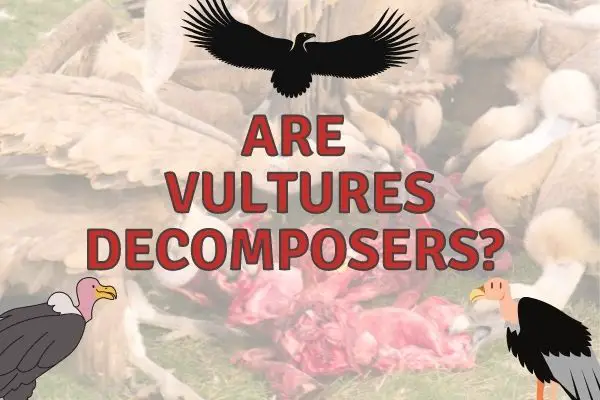Are Rabbits Decomposers? (Answered!)
Rabbits are herbivores that live in a wide variety of habitats, including woods, meadows, grasslands and even deserts. In the wild, rabbits form an important part of the food web as primary consumers. Rabbits are not decomposers but can function as scavengers in their habitat. Whereas they mostly eat living things like grass and hay,…


